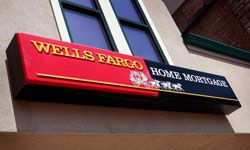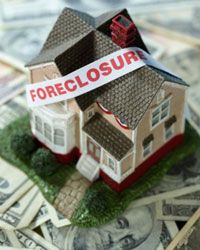It wasn't long ago that real estate investment truly seemed like a golden ticket. Housing prices skyrocketed as low interest rates and generous financing requirements encouraged more people than ever to venture into home ownership.
But like many cases where things seem too good to be true, the real estate boom quickly revealed its dark side. The housing market plummeted in 2008 as massive numbers of homeowners began missing mortgage payments or walking away from homes they could no longer afford.
Advertisement
Sadly, the mortgage crisis forced many homeowners into foreclosure -- after they failed to make home payments, their lenders exercised their legal rights to repossess the homes. The foreclosure process is long, stressful and complicated, and it comes with an added risk: Con artists and scammers have come up with a variety of fraud schemes that target those involved in foreclosure [source: Miller].
Some foreclosure scams target homeowners on the brink of losing their homes. Others take aim at lenders, and some may even be inadvertently caused by banks overwhelmed by the high number of bad loans in their portfolios. We'll look at 10 of the most notorious foreclosure frauds in recent years, including both cases that made headlines and widespread issues that put homeowners at risk.





